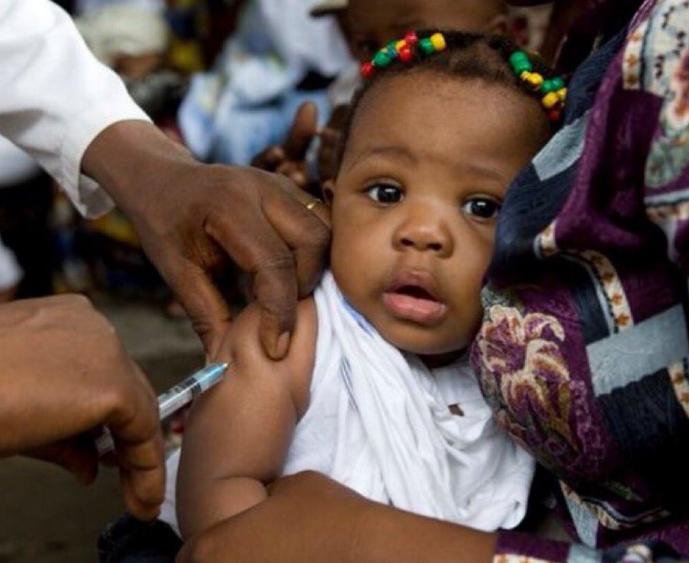WHO raises alarm over a 300 percent increase in the case of measles globally
Geneva, April 16: World Health Organization, WHO raises alarm over a 300 percent increase in the case of measles globally in the first quarter of 2019 compared with last year. To date, 2019 has seen over 112 thousand measles cases reported from 170 countries, compared to over 28 thousand cases from 163 countries this time last year. This is a 300% increase in cases globally. Measles is preventable through two doses of a safe and effective vaccine.

“Laboratory-based field surveillance network is providing vital assistance for measles control activities in the country,” said, Dr Nata Menabde, WHO Representative to India. “India is a good example of a large and diverse country with many health systems challenges,” says Dr Hamid Jafari, WHO’s Director of Polio Operations and Research. “This programme demonstrates the impact that can be achieved by linking efforts to eradicate polio with those to improve routine immunization against a disease such as measles.”
To strengthen and re-energize the Mission Indradhanush programme and achieve full immunization coverage for all children and pregnant women at a rapid pace, the Government of India launched “Mission Indradhanush” in December 2014.
Mission Indradhanush’s Goal – The ultimate goal is to ensure full immunization with all available vaccines for children up to two years of age and pregnant women.
Measles is one of the world’s most contagious diseases, with the potential to be extremely severe.
In 2017 it caused close to 110 000 deaths. Even in high-income countries, measles complications result in hospitalization in up to 1 in 4 cases and can lead to lifelong disability, from brain damage and blindness and to hearing loss. It also causes pneumonia, permanent brain damage, deafness, premature birth, babies with low birth weight and in severe cases it can lead to death.
As per the WHO report, one person with measles can cause infection to 9 persons among 10 unvaccinated people around them. Symptoms usually develop 10–12 days after exposure to an infected person and last 7–10 days. Initial symptoms typically include fever, often greater than 40 °C (104 °F), cough, runny nose, and inflamed eyes. Small white spots known as Koplik's spots may form inside the mouth two or three days after the start of symptoms. A red, flat rash which usually starts on the face and then spreads to the rest of the body typically begins three to five days after the start of symptoms.
Measles is an airborne disease which spreads easily through the coughs and sneezes of infected people. It may also be spread through contact with saliva or nasal secretions.
The measles vaccine is effective at preventing the disease and is often delivered in combination with other vaccines. Vaccination resulted in a 75% decrease in deaths from measles between 2000 and 2013, with about 85% of children worldwide being vaccinated as of 2014. Once a person has become infected, no specific treatment is available, although supportive care may improve outcomes.
Such care may include oral rehydration solution (slightly sweet and salty fluids), healthy food, and medications to control the fever. Antibiotics may be used if a secondary bacterial infection such as bacterial pneumonia occurs. Vitamin A supplementation is also recommended in the developing world.